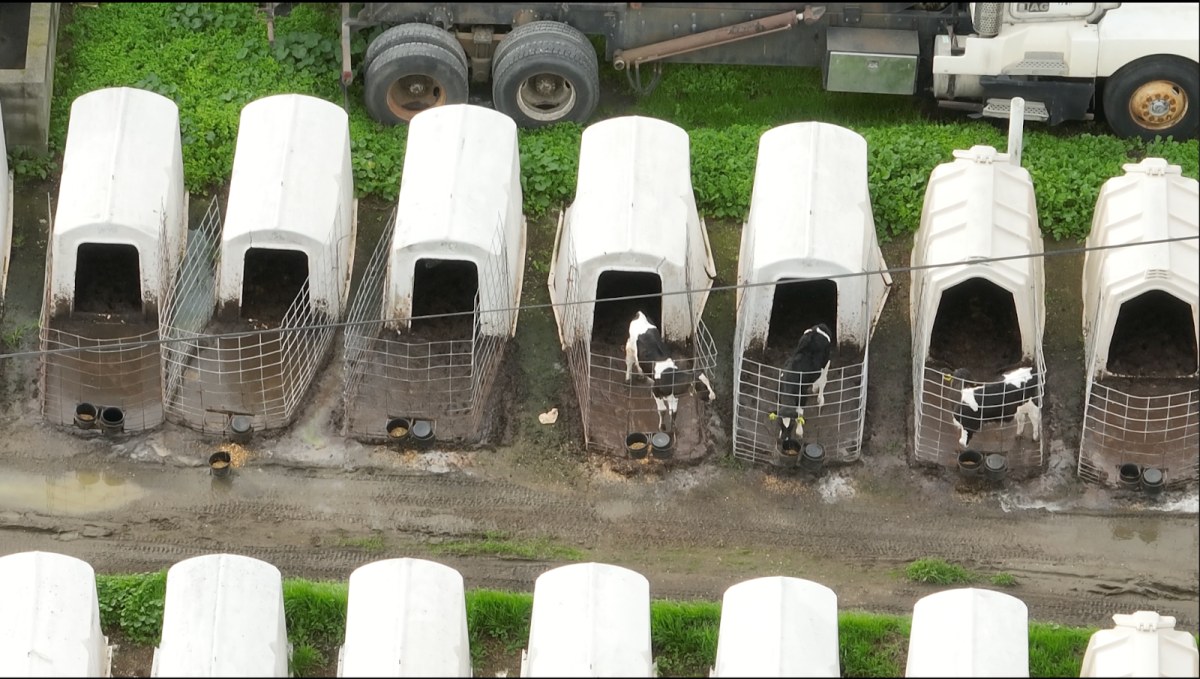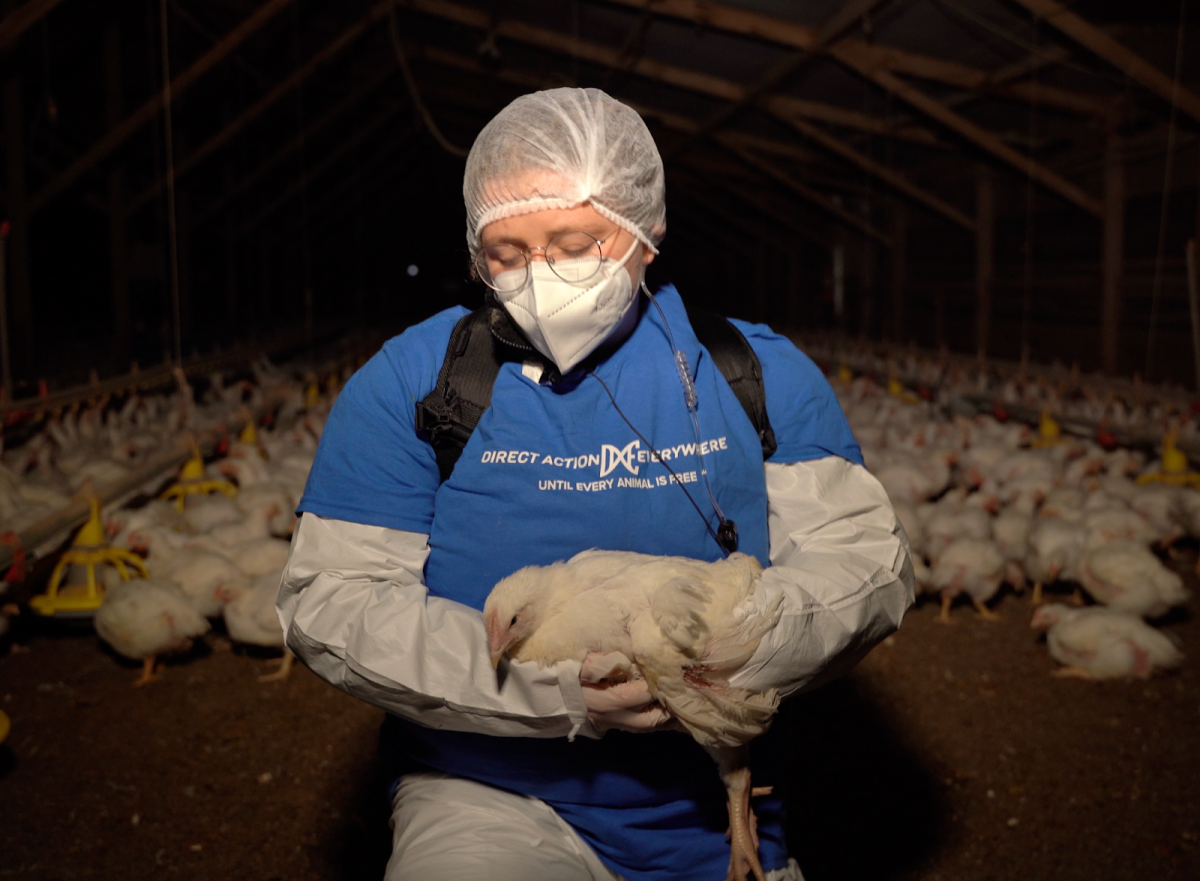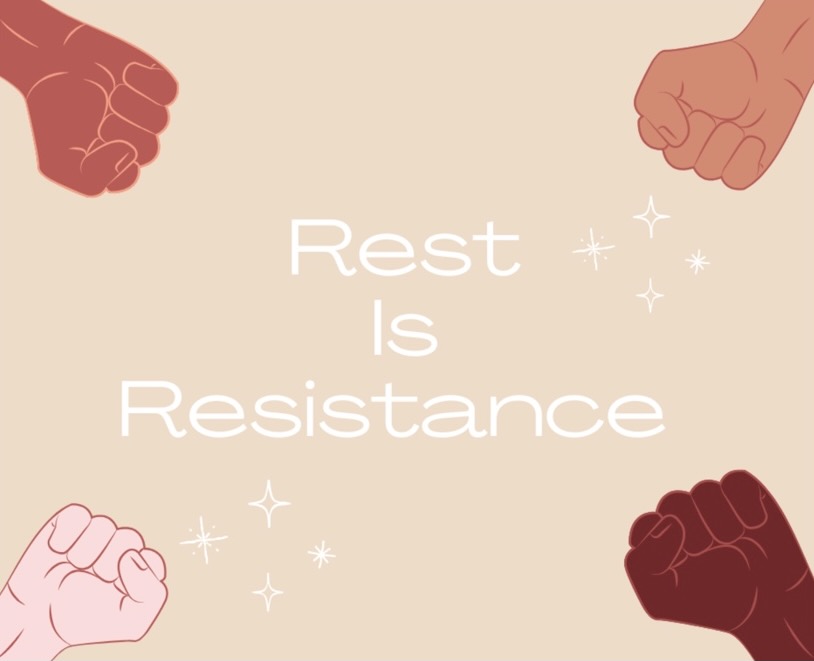In partnership with the community parenting institute and Sonoma State University’s Psychology Department, the Collaborative Autism Training and Support program (CATS) received a community recognition award in July 2014 for its support to families with children who have autism spectrum disorders (ASD).
According to the National Institute of Mental Health, ASD is categorized by difficulties in social communication and interaction in different contexts, repetitive patterns of behavior and is usually noticed within the first two years of life.
“There are a range of characteristics and also a range of severity of involvement,” said program director Dr. Lorna Catford.
Catford’s involvement with the program began when she started receiving calls from distressed parents whose children needed support and care.
“I basically started the program,” Catford said.
The CATS program began with a one-semester class with 20 students who worked with 20 other students who were on the autism spectrum along with their families. Fast-forward 10 years and the program now runs for two semesters the number of students having doubled to 40 per semester.
With the help of partnerships with around 30 other local autism programs and Sonoma State University, the program has flourished.
“Part of why I got the reward is because it spread and became wildly respected,” Catford said.
The CATS classes are service oriented. This means they are split into three parts which are composed of academics, community service and reflection on the impact the services has had on the recipients as well as students.
“It’s a little bit like an internship on steroids,” Catford said.
Further, the program also has parent support groups, which students also take part in. Students apply what they learn in the classroom and are required to practice responsibility.
“It’s not the kind of class you can go online and read a book in your pajamas,” Catford said.
According to Catford, students apply and learn skills they can utilize in their future careers with other clients.
Such skills include finding strengths in people on the spectrum, respect and an understanding of the fact that not all people on the autism spectrum are alike.
In addition, most students who graduate after participating in the program eventually get a job from their connection to CATS.
“I think students who are studying psychology should really look into it,” said Sonoma State’s psychology student Patrick Finnigan.
Catford encourages all students to join regardless of where their college careers might take them.
“Some people fall in love, other people find their calling,” Catford said.

































